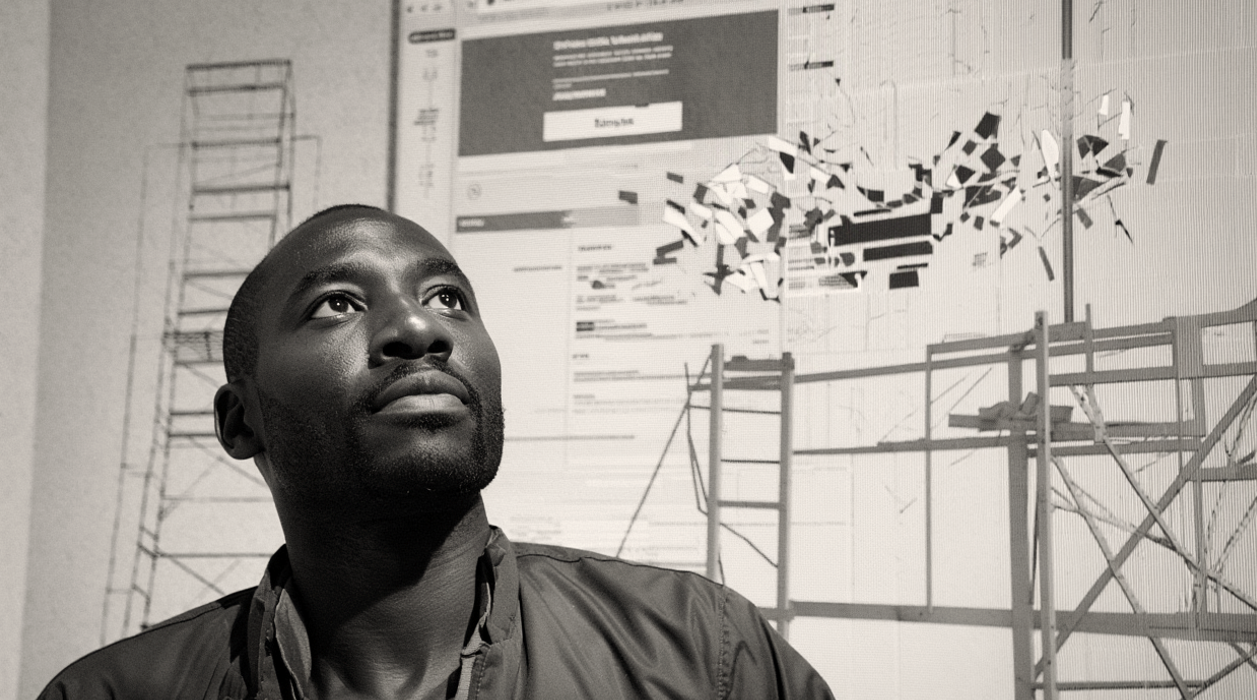What to Look for in a Modern CMO, The Skills AI Can’t Replace
In the age of AI, leadership still decides who earns trust and who gets left behind
AI can generate content, personalize campaigns at scale, and analyze performance in seconds. But let’s be clear: It can’t lead an organization through the complexities of growth, reinvention, and market trust, and it certainly can’t lead people.
Today’s Chief Marketing Officer is no longer responsible for campaign performance or ad spending. That job description is outdated. The modern CMO is a cross-functional leader, a growth strategist, and a cultural architect. They’re not just steering marketing; they’re aligning marketing, sales, product, and customer success around a shared revenue vision while ensuring AI is adopted ethically, transparently, and in service of the customer.
In today’s environment, where trust is fragile, attention is fractured, and brand reputation is built (or lost) in real-time, the skills that matter most are the ones machines still can’t replicate.
So if you’re building a leadership team prepared for the future, here’s what you should look for in your next CMO.
1. Behavioral Insight and Customer Empathy
AI can surface patterns but can’t explain why people buy, what makes them hesitate, or what keeps them loyal. A modern CMO understands the human side of the customer journey; they interpret signals, not just track them, and design experiences rooted in psychology and behaviour, not just click data.
2. Transformational Leadership Across Teams
Technology evolves faster than people. A great CMO doesn’t just manage change, they lead it. They unify diverse functions, translate complexity into clarity, and create alignment across teams who’ve historically worked in silos. They know how to rally teams around a shared vision of growth, and they can do it without leaving people behind.
3. MarTech Fluency Paired With Business Acumen
Tool proficiency isn’t enough, a modern CMO knows how to connect systems like Salesforce, HubSpot, and Marketo directly to business outcomes. They lead conversations around revenue forecasting, resource allocation, and lifetime value, not just campaign metrics. They speak the language of growth, not just marketing.
4. Brand Storytelling That Builds Market Belief
Content is abundant, what’s rare is narrative. The kind that builds belief earns attention and stays with people after the campaign ends. Your CMO should be a strategic storyteller, someone who can craft brand narratives that resonate across cultures, industries, and platforms. AI can generate copy, but stories that create connections are still human work.
5. Ethical Data Stewardship and ESG Alignment
Today’s customers are paying more attention to company behavior than product features. They care about how their data is handled, whether a company lives its values, and how growth aligns with environmental and social responsibility. A great CMO isn’t just aware of compliance, they build ethics into the strategy itself. They know that trust isn’t a campaign, it’s infrastructure.
6. Cross-Industry Versatility and Future-Ready Vision
The best CMOs don’t just respond to trends, they anticipate them. They see patterns emerging across industries, apply them to their own environments, and create forward-looking strategies that make the business more resilient. In times of disruption, they’re already thinking two steps ahead.
AI will continue to accelerate execution, but leadership still defines direction. If you want to scale revenue, build a brand people believe in, and navigate the complexity of modern markets, you need a CMO who has these skills.
Because growth today isn’t about having more tools. It’s about having the right people who know how to use them with intention, discipline, and a clear understanding of what trust really means.
Get The Trust OS™ Manifesto PDF: https://thriveity.com/wp-content/uploads/2025/03/Trust-OS™.pdf

















